|
Pointer to a podcast I recently accepted an invitation from a financial planner to discuss how we managed our finances, and you can listen to the conversation. Lucas Casarez, the financial planner and a working parent with two small children, interviewed me, and the conversation is now available via a podcast called "Early Retirement as a Working Parent". We talked about various aspects of being a working parent; especially topics related to money management including ways to cope with unexpected career twists, enjoying life, being a supportive spouse, and more. If you want to gain greater control over your financial future, take a listen. Maybe you'll hear something you can use. As Lucas says at the end, "It's important to learn from your own mistakes, but it's even more valuable to learn from other people's mistakes." Maybe you'll learn something from ours.
0 Comments
A lesson from from David Letterman's Netflix interview with Melinda Gates Melinda Gates is interviewed by David Letterman in season 2 of his popular Netflix series "Our Next Guest Needs No Introduction". During the interview, she talks about her work in the developing world, the roles of women there, and the realization that even in the US women have not achieved equality in many places. So she asked herself many questions including, "How can we be sure we get equality in our homes? In our community? In our places of work?" David Letterman asked her, "How can we? What is the key there?" Her reply: "I think you have to start in your home." She went on to say that sometimes you have to have uncomfortable conversations in your marriage to make sure that you have equality there. She then goes on to provide an example. When their oldest daughter started preschool, Bill suggested that he should drive their daughter to school two days a week, and he did. Suddenly, a lot more fathers started taking their kids to school too. Apparently when some of the mothers saw that Bill was driving the little girl to school, they went home and said to their husbands, "If Bill Gates can drive his kid, so can you." Never underestimate the power of your actions. You may not be Bill or Melinda Gates, but people notice what you do (and don't) do. You can make a difference.
Related stories:
Submitted by Ray Blessman As summer rolls around, articles about the shortage of lifeguards start blooming along with the lilacs. My son is well qualified for one of these positions; he's an Eagle Scout with a Red Cross certification and is currently swimming competitively at the college level. But again this summer, he won't be applying for one of the many positions that are available. My work experience is deeply rooted in accounting and economics, and it appears that somewhere along the line, my kids learned how to determine the value of their time. At the core of a lifeguarding certificaton, there is a requirement to put your own safety at risk when that's necessary to save the life of another. For outdoor lifeguards there are additional risks associated with so much sun exposure. And to top if off, given fickle weather conditions and the hourly nature of the pay for most lifeguards (which is only provided when the weather conditions are right), few employers are offering them 40 consistent hours of work each week. Given this high level of responsibility and the risk, you'd think that lifeguards could command wage premiums over many other jobs available to college students in the summer and certainly you'd expect them to earn a higher hourly rate than those paid to fast food workers. But apparently, as of the summer of 2019, they don't. And because my son has spent a lot of time listening to me, and he can do the math, he'll be seeking other work opportunities during this break. It occurs to me that teenagers working as lifeguards serve as a bellwether for the way many first responders are feeling right now. These feelings probably explain why the country faces shortages of police officers, firefighters, paramedics, and other first reponders. Compensation for these roles just doesn't align with the risks, and I can't help but wonder how bad things need to get before we start paying them more. I'm glad that my work helped my son understand the value of his time and skills, but I worry about what will happen if I ever need a first responder.
Inspired by Penny Wirsing, 2019 President of SWE Is there a typical "working parent"? Maybe. But many people have unique situations. It's easy to meet someone and make assumptions, but often those assumptions are wrong, and the reality of someone's situation contains some unexpected elements. That's what happened recently when Penny Wirsing, the 2019 President of the Society of Women Engineers (SWE), spoke at the Michigan State University College of Engineering Commencement Ceremony. Her speech was encouraging and inspiring. So much so that we contacted her and asked if we could share the content with Working Parent Stories readers. One thing Penny didn't mention in her speech, and it supports the point that assumptions can be inaccurate, is the story about how and why she became an engineer. While she was a trailblazer at the time she obtained her degree, there is more to her story. Before Penny started college she married, had a daughter, and divorced. As a single mother, she became a secretary in order to support her small family. It didn't take long for her to realize that she would not be able to live the life she envisioned for her daughter and herself on a secretary's salary, so she headed in another direction and started down the path to pursue an engineering degree. She started taking community college classes as she continued working. That enabled her to attend evening classes while she countinued to work full-time. And the community college courses were less expensive than those offered at universities. While working full-time, she completed enough courses to enter Michigan State University (MSU) as a junior. While there, Penny felt as though she didn't fit in with the other students. Only about 25% of the students were female back then, but it was her status as parent and breadwinner that made her feel the most out-of-place. As she juggled a job and parenting with her classes, the other students were juggling their coursework with dorm living and other extracirricular activities. Most would agree that pursuing a college degree is challenging and that parenthood is challenging too, but few of us attempt to do both at the same time. Penny said she was able to pull it off by focusing on things one step at a time. A benefit of Penny's situation was that while she was a student, she was also a teacher with a very attentive pupil; her daughter. Her daughter learned that if you want to do something, and you're willing to put in the work, you are likely to get it done. Penny, like most parents, could have told her these things, but she believes that showing her had a more meaningful impact. And it appears to have worked, given that her daughter is now grown and pursuing a career of her own as a Federal Attorney. Sometimes it's easy to forget that while we're working and learning, we're also teaching. And we're never sure exactly who is watching or who will learn the most.
Related reading (and listening):
|
The StoriesArchives
March 2022
Categories
All
|
Photos from barnimages.com, marcoverch, truewonder, donnierayjones, marcoverch, shixart1985, Gustavo Devito, edenpictures, nan palmero, quapan, The Pumpkin Theory, bark, opassande, Semtrio, Ivan Radic (CC BY 2.0), verchmarco (CC BY 2.0), Didriks, shawnzrossi, shixart1985 (CC BY 2.0), madprime, marksmorton, CT Arzneimittel GmbH, NwongPR, franchiseopportunitiesphotos, anotherlunch.com, jdlasica, wuestenigel, Frinthy, romanboed, Doris Tichelaar, quinn.anya, A_Peach, VisitLakeland, MEDION Pressestelle, Darren Wilkinson, bratislavskysamospravnykraj, Anthony Quintano, Danielle Scott, pockethifi, Bridgette Rehg, Martin Pettitt, PersonalCreations.com, wuestenigel, Thad Zajdowicz, archer10 (Dennis) 139M Views, Infomastern, beltz6, The National Guard, futurestreet, daveynin, OIST (Okinawa Institute of Science and Technology), Rinet IT, shixart1985, mikecogh, JeepersMedia, Ryan Polei | www.ryanpolei.com, Jake.Christopher., aleksandrajovovich, thepeachpeddler, wwward0, flossyflotsam, Got Credit, Senado Federal, Corvair Owner, lookcatalog, moodboardphotography, dejankrsmanovic, Carine fel, ElleFlorio, {Guerrilla Futures | Jason Tester}, greg westfall., Arlington County, mariaronnaluna, quinn.anya, wuestenigel, Tayloright, insatiablemunch, MrJamesBaker, Scorius, Alan Light, Monkey Mash Button, www.audio-luci-store.it, wohlford, Vivian Chen [陳培雯], okchomeseller, BoldContent, Ivan Radic, verchmarco, donnierayjones, Czar Hey, US Department of Education, Andrew Milligan Sumo, Michel Curi, anotherlunch.com, ProFlowers.com, Cultural viewpoints from around the world, alubavin, yourbestdigs, Rod Waddington, Tayloright, Wonder woman0731, yourbestdigs, donald judge, Thomas Leth-Olsen, Infinity Studio, shixart1985, wuestenigel, francesbean, Roger Blackwell, MrJamesBaker, Luca Nebuloni, MFer Photography, erinw519, boellstiftung, North Carolina National Guard, A m o r e Caterina, MrJamesBaker, bellaellaboutique, Free For Commercial Use (FFC), Prayitno / Thank you for (12 millions +) view, wuestenigel, Matt From London, MadFishDigital, Kompentenzzentrum Frau und Beruf, mikecogh, CreditDebitPro, marciadotcom, Mr.Sai, _steffen

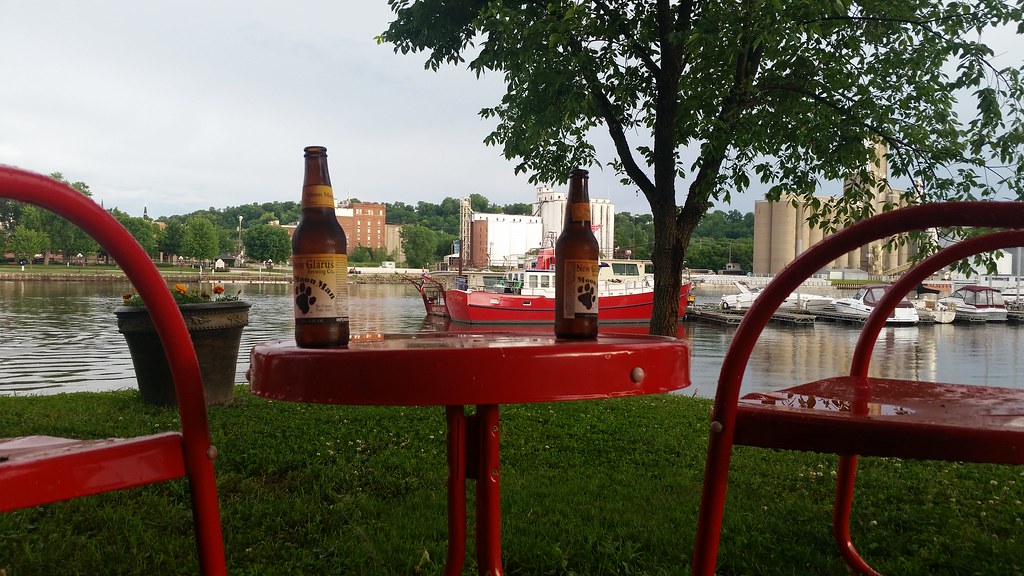
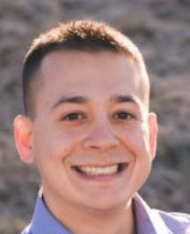
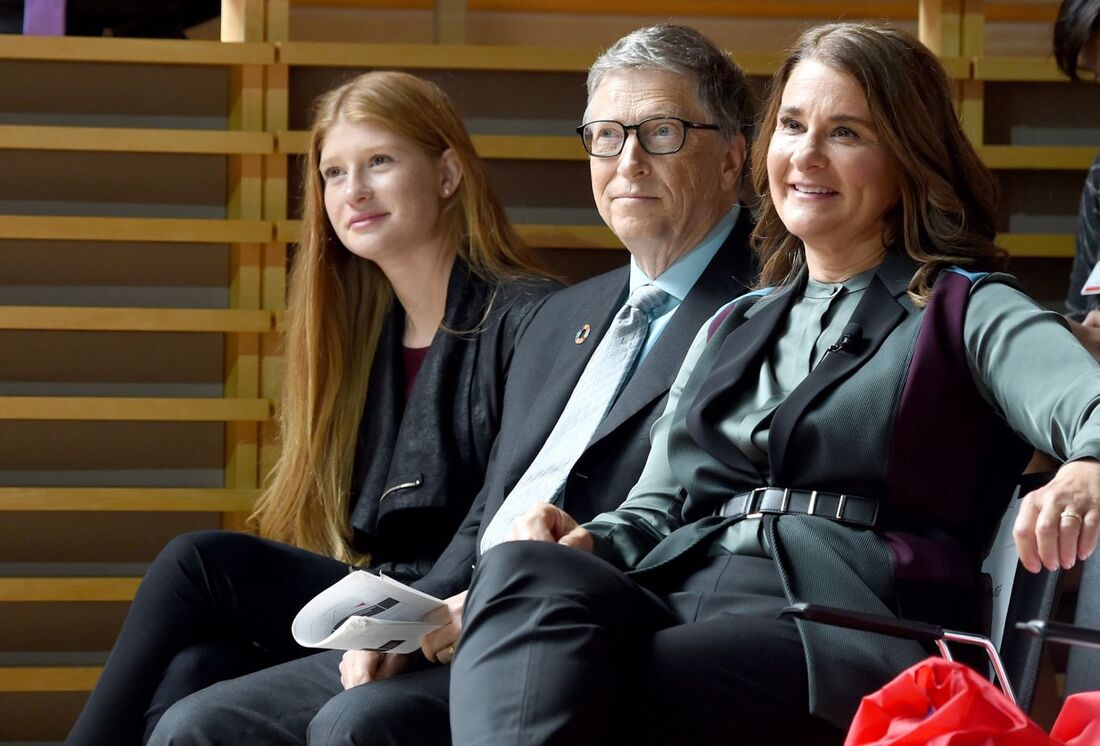
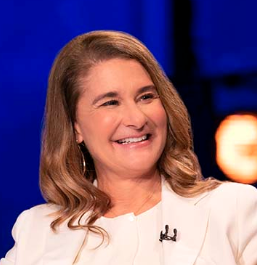

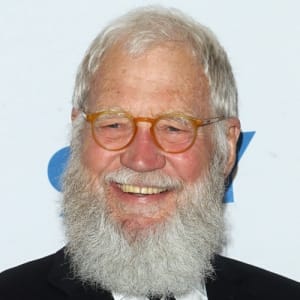
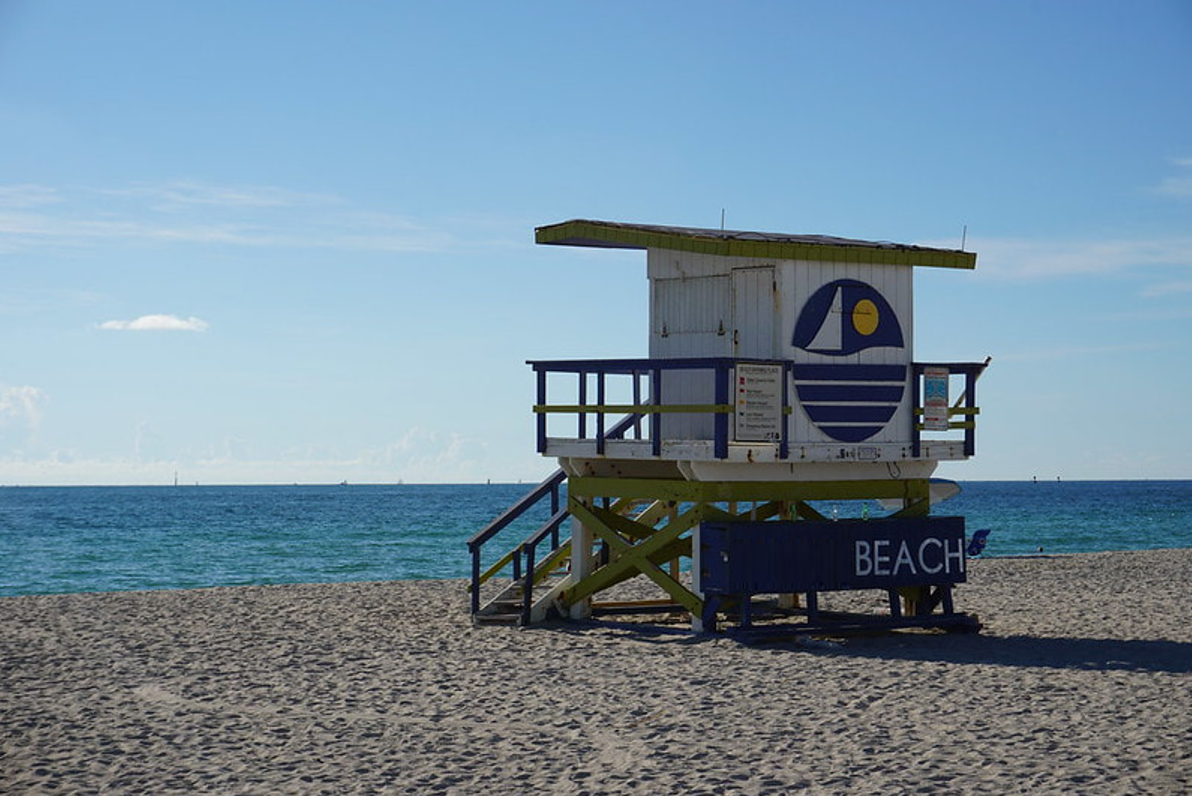
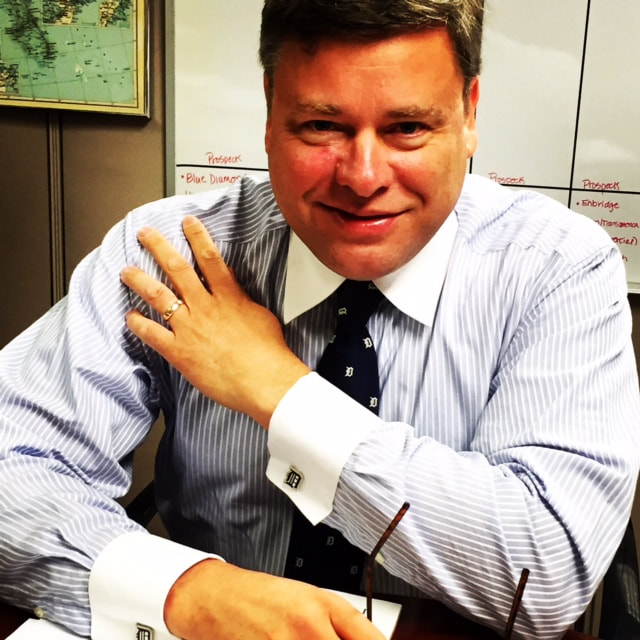
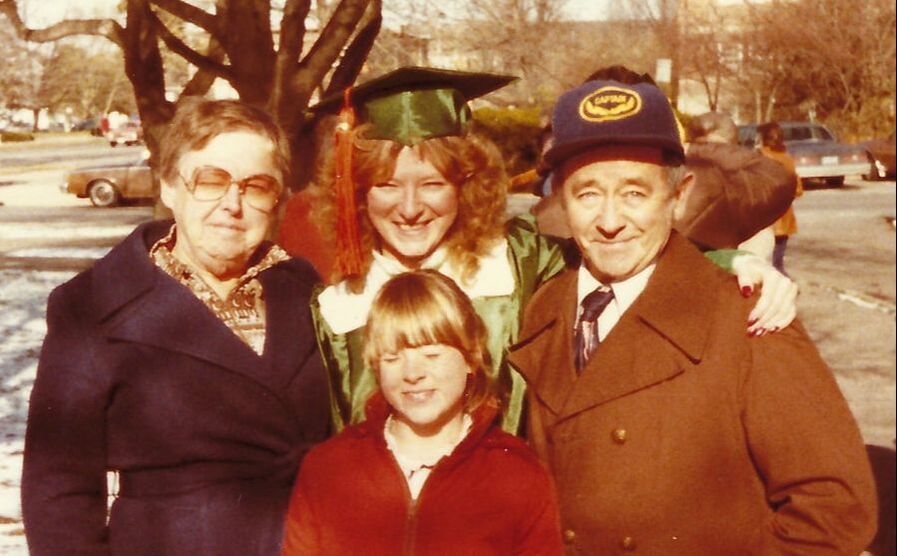
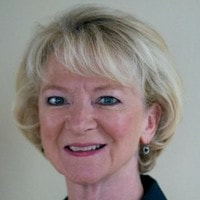
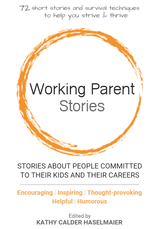
 RSS Feed
RSS Feed